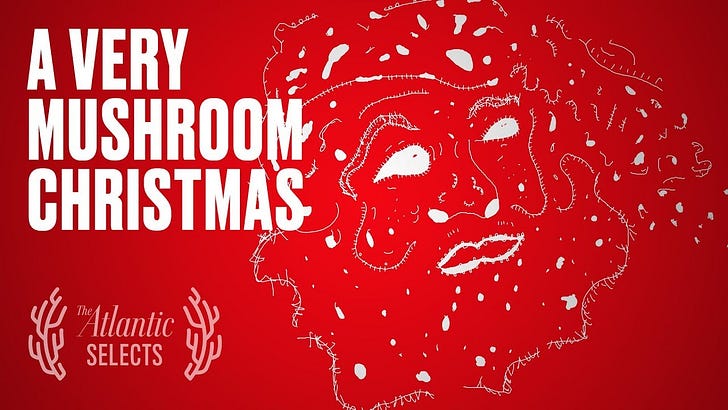Rabbit Holes 🎄 #61
From the shaman santa to the power of rituals, learnings for 2024 and happy thoughts
This is my last newsletter for this year. This short Rabbit Holes issue has a bit of a winter holiday 🎄 feeling to it. I hope you’ll like it!
I’ll be back in the first week of January with more Rabbit Holes, a new version of the Alternative Prosperity framework I developed, and more articles that seek to reframe how we see, experience, and design the wo…




